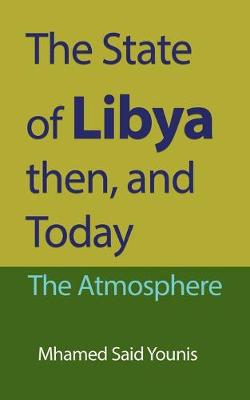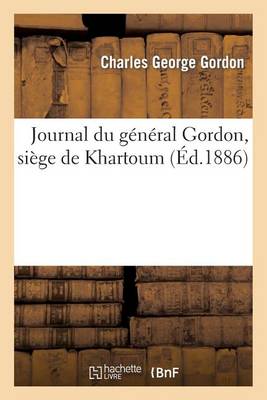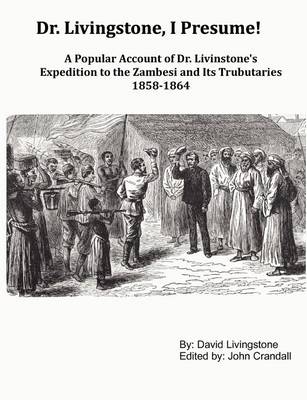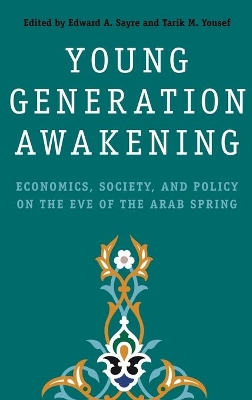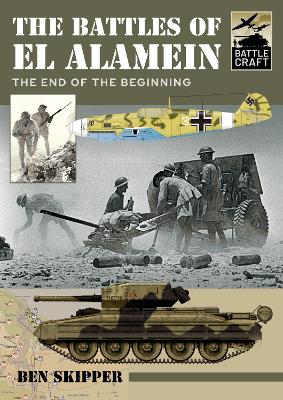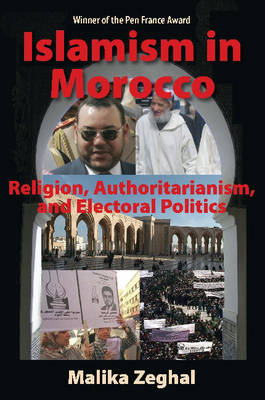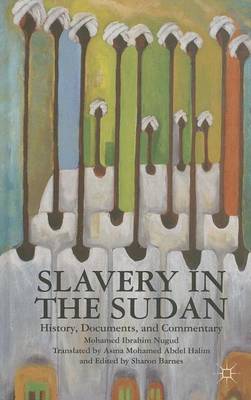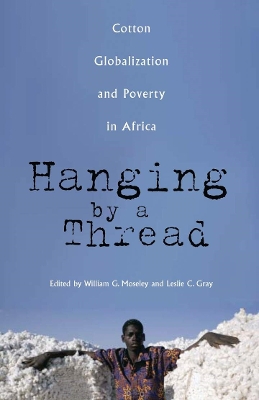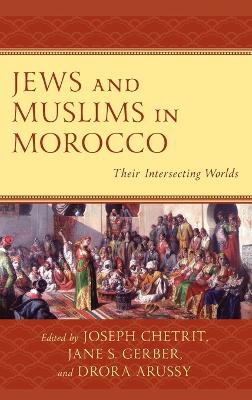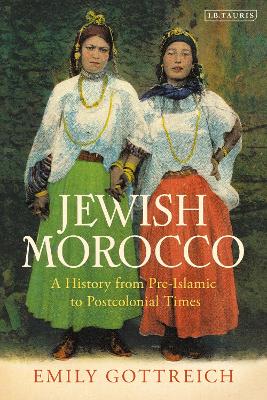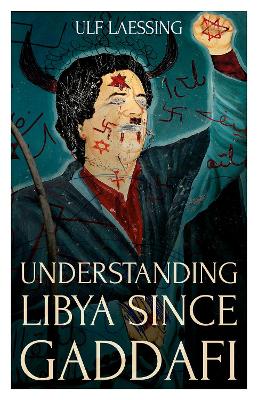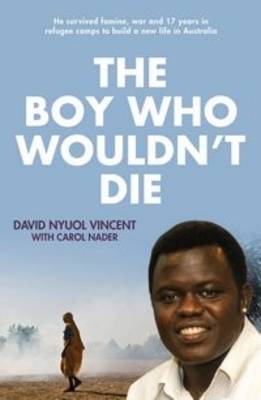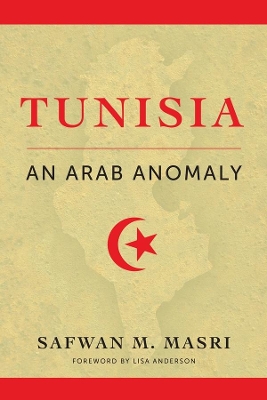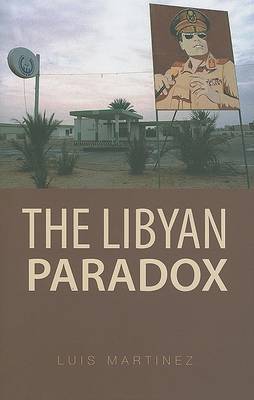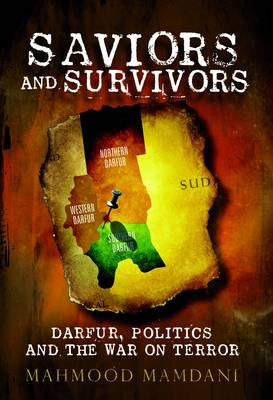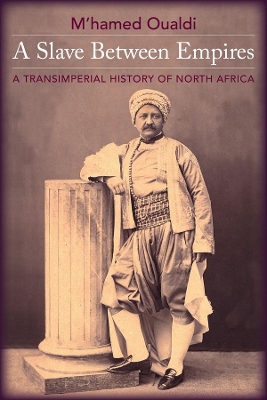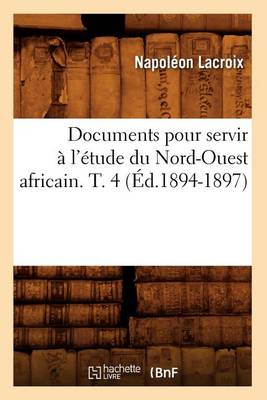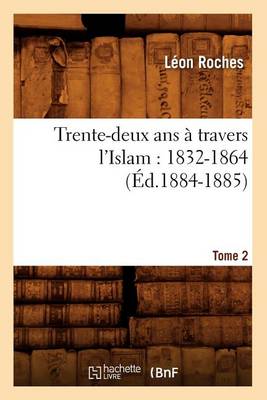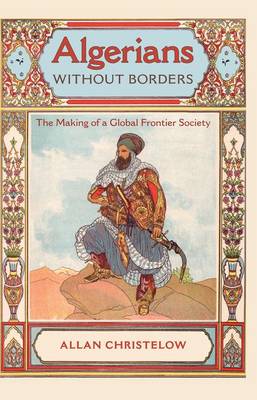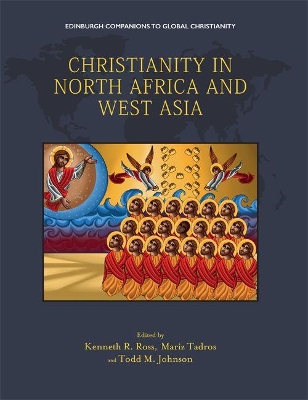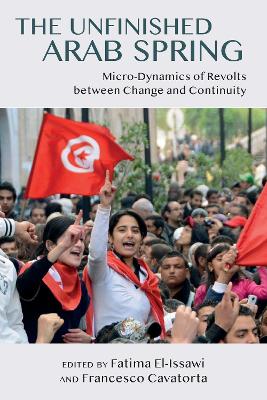Young Generation Awakening
The street protests that erupted in Tunisia in December 2010 and spread quickly throughout the Middle East surprised not only the entrenched dictators of the region but also international observers who collectively had taken for granted the durability of Middle Eastern authoritarianism. Specifically, the Arab Spring uprisings debunked the prevailing notion that youth were disengaged from political life by their economic exclusion and tight regime control of their mobilization. Indeed, the one co...
The early battles of North Africa between the Axis powers and the British Commonwealth and her European allies were among the very last clashes of chivalry. At the small town of El Alamein belligerents met and fought, on two occasions, for overall control of both Egypt and the Suez in the latter half of 1942\. For the Allies, the battles were also a chance to destroy Axis ambitions in the Western Desert, whilst gaining mastery of the Mediterranean and a foothold in Southern Europe. The two batt...
Malika Zeghal analyzes the historical roots and recent evolution of Moroccan Islamist movements in the context of a new political system that combines pluralistic electoral competition with authoritarian government. To elucidate these ideological and institutional transformations, she stresses the role of 'ulama and Islamic institutions and the history of their tense and unequal relationship with an authoritarian monarchy constrained by the religious origins of its legitimacy. She analyzes the t...
Slavery in the Sudan: History, Documents, and Commentary
by Mohamed Ibrahim Nugud
Hanging by a Thread (Research in International Studies, Global and Comparative Studies)
The textile industry was one of the first manufacturing activities to become organized globally, as mechanized production in Europe used cotton from the various colonies. Africa, the least developed of the world\u2019s major regions, is now increasingly engaged in the production of this crop for the global market, and debates about the pros and cons of this trend have intensified. Hanging by a Thread: Cotton, Globalization, and Poverty in Africa illuminates the connections between Africa and the...
"Fanon was consummately incapable of telling the story of himself. He lived in the immediacy of the moment, with an intensity that embodied everything he evoked. Fanon's discourse pertained to a present tense that was unburdened by its narrative past. The little we knew about his personal life had been gleaned from passing allusions, brief glimpses that vanished as quickly as they appeared.... Fanon had a profound talent for life; he was a man who wanted to be the subject and actor of his own li...
Jews and Muslims in Morocco (Sephardic and Mizrahi Studies)
Moroccan Jewry has a long tradition, harking back to the area’s earliest settlements and possessing deep connections and associations with the historic peoples of the region. In Jews and Muslims of Morocco historians, anthropologists, musicologists, Rabbinic scholars, Arabists, and linguists examine the complex and hybrid history of intercultural exchange between Moroccan Jewry and the Arab and Berber cultures through analyses of the Jews’ use of Morocco’s multiple languages and dialects, charac...
Morocco (Global Realities) (Globalizing Regions)
by Shana Cohen and Larabi Jaidi
Cohen and Jaidi trace the development of contemporary Morocco in the Islamic world of North Africa, which is currently at the forefront of the clash between Western-style development and the politicized Islam that now pervades the Arab world. By applying globalization theory to detailed accounts of everyday life in an Arab society, the book is uniquely suited to students. Morocco in particular is a good place to look at this extremely important confrontation. It is among the most liberalized Is...
The history of Morocco cannot effectively be told without the history of its Jewish inhabitants. Their presence in Northwest Africa pre-dates the rise of Islam and continues to the present day, combining elements of Berber (Amazigh), Arab, Sephardi and European culture. Emily Gottreich examines the history of Jews in Morocco from the pre-Islamic period to post-colonial times, drawing on newly acquired evidence from archival materials in Rabat. Providing an important reassessment of the impact o...
Why has Libya fallen apart since 2011? The world has largely given up trying to understand how the revolution that toppled Muammar Gaddafi has left the country a failed state and a major security headache for Europe. Gaddafi's police state has been replaced by yet another dictatorship, amidst a complex conflict of myriad armed groups, Islamists, tribes, towns and secularists. What happened? One of few foreign journalists to have lived in post-revolution Tripoli, Ulf Laessing has unique insight i...
David Nyuol Vincent was a little boy when he fled southern Sudan with his father, as war raged in their country. He left behind his distraught mother and sisters, his village and his childhood. He would never return. For months David and his father walked across southern Sudan, barefoot, desperately searching for safety, food and water. They survived the perilous Sahara Desert crossing into Ethiopia only to be separated. David was taken in and trained as a child soldier, surviving the next 17 ye...
The Arab Spring began and ended with Tunisia. In a region beset by brutal repression, humanitarian disasters, and civil war, Tunisia's Jasmine Revolution alone gave way to a peaceful transition to a functioning democracy. Within four short years, Tunisians passed a progressive constitution, held fair parliamentary elections, and ushered in the country's first-ever democratically elected president. But did Tunisia simply avoid the misfortunes that befell its neighbors, or were there particular fe...
The militant attitude of the United States after 9/11 and the invasion of Iraq in March 2003 inspired the leadership of Libya to change its confrontational attitude towards America and Europe. The regime abandoned its development of nuclear weapons and opened its economy to the West. Nevertheless, Muammar Gaddafi, the leader of the Libyan Revolution, has found ways to consolidate his hold on the country. In this controversial book, Luis Martinez suggests that the future of Libya now lies in beco...
"Saviours and Survivors" is the first account of the Darfur crisis to consider recent events within the broad context of Sudan's history, and to examine the efficacy of the world's response to the ongoing violence. Illuminating the deeply rooted causes of the current conflict, Mamdani works from its colonial and Cold War origins to the war's intensification from the 1990s to the present day. Examining how the conflict has drawn in national, regional, and global forces, Mamdani deconstructs the p...
In June 1887, a man known as General Husayn, a manumitted slave turned dignitary in the Ottoman province of Tunis, passed away in Florence after a life crossing empires. As a youth, Husayn was brought from Circassia to Turkey, where he was sold as a slave. In Tunis, he ascended to the rank of general before French conquest forced his exile to the northern shores of the Mediterranean. His death was followed by wrangling over his estate that spanned a surprising array of actors: Ottoman Sultan Abd...
Documents Pour Servir A l'Etude Du Nord-Ouest Africain. T. 4 (Ed.1894-1897) (Histoire)
by Lacroix-N
Trente-Deux ANS A Travers l'Islam (1832-1864). Tome 2 (Ed.1884-1885) (Histoire)
by Leon Roches
"Maps a fascinating and far-flung global frontier that Algerians have crossed over for centuries. This is not only a history of the modern and contemporary Algerian diaspora but also an instructive study of political, social, cultural, and economic encounters and negotiations that occur at the interstices of civilizations. Christelow contributes an impressive and erudite narrative that widens and enriches the corpus of modern Algerian historiography."--Phillip C. Naylor, author of North Africa:...
Christianity in North Africa and West Asia (Edinburgh Companions to Global Christianity)
Combines empirical data and original analysis in a uniquely detailed account of Christianity in North Africa and West AsiaThis comprehensive reference volume covers every country in North Africa and West Asia, offering reliable demographic information and original interpretative essays by indigenous scholars and practitioners. It maps patterns of growth and decline, assesses major traditions and movements, analyses key themes and examines current trends.Key FeaturesProfiles of Christianity in ev...
The Unfinished Arab Spring
